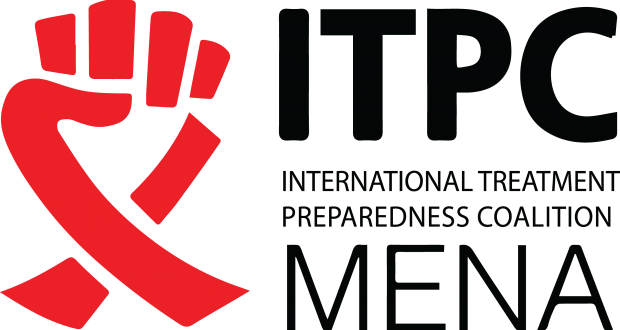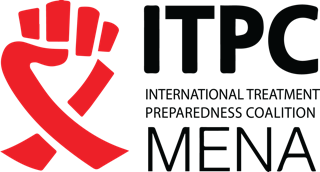
Treatment Advocates Denounce Gilead’s Embargo against Thousands of Tunisians Suffering from HCV Infection
The Tunisian Association of Fight against STDs and AIDS (ATL Tunis) and the International Treatment Preparedness Coalition in MENA Region (ITPC-MENA) denounce the refusal of Gilead Sciences to make their drug against the Hepatitis C Virus (HCV), sofosbuvir, available to Tunisian patients.
“For months, thousands of patients have been desperately waiting for access to sofosbuvir. We still have not seen the slightest gesture of Gilead Sciences to register the drug in Tunisia nor any price announcement that is tailored to the economic situation of the country “, said Bilel Mahjoubi, Executive Director of ATL Tunis.
It is estimated that 107,000 (between 26,000 and 208,000) people are infected with HCV in Tunisia, which constitutes 1.3% of the general population. Of these, 86,000 (between 21,000 and 166,000) are living with a chronic infection requiring treatment. The arrival of sofosbuvir is a real hope of recovery for patients after three months of treatment. But the exorbitant price requested by Gilead ($ 86,000 in the US) constitutes a major obstacle to access.
According to Othman Mellouk, Intellectual Property and Access to Medicines Lead at ITPC-MENA: “A year ago, we met with officials from Gilead in Bangkok who had promised that the company would make the drug available in North Africa, including Tunisia, at an affordable price. Twelve months later, not only nothing has been done, but also in addition Gilead completely blocked the access for Tunisia formally banning Indian generic manufacturers to supply the drug in the country through a voluntary license. It is a real embargo against the patients. “
An unacceptable situation for ATL and ITPC-MENA. According to the rules of international trade and to the Tunisian legislation on the protection of intellectual property, only holding a patent on the drug allows Gilead to enjoy a market monopoly. Or the laboratory holds no patents in Tunisia.
The ATL Tunis and ITPC-MENA urgently request Gilead to lift their embargo on Tunisia and register the drug in the country at a price that is affordable and consistent with the country’s economic situation. Both associations are asking the Tunisian Ministry of Health to take the necessary steps to make the drug available to thousands of people with HCV, including the use of generic versions as is the case today in Egypt and Morocco.










